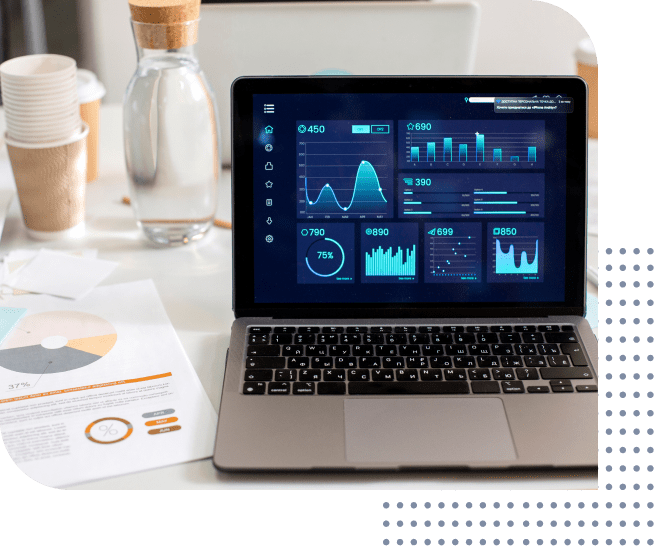
What is Activity Modelling?
Activity Modelling refers to the process of defining, documenting, and analysing the tasks, workflows, and processes that make up business operations. Its primary goal is to understand how work is conducted within an organisation, identify opportunities for optimisation, and ensure that business activities align with strategic objectives.
How DOLIUM innovates Activity
Modelling
DOLIUM democratises activity modelling by making it accessible to non-IT staff, thus providing a valuable tool to use in the conduct of daily business. No more gathering dust on the shelf, the Integrated Business Support System is a live up to date facility for staff to use, optimise and innnovate.




